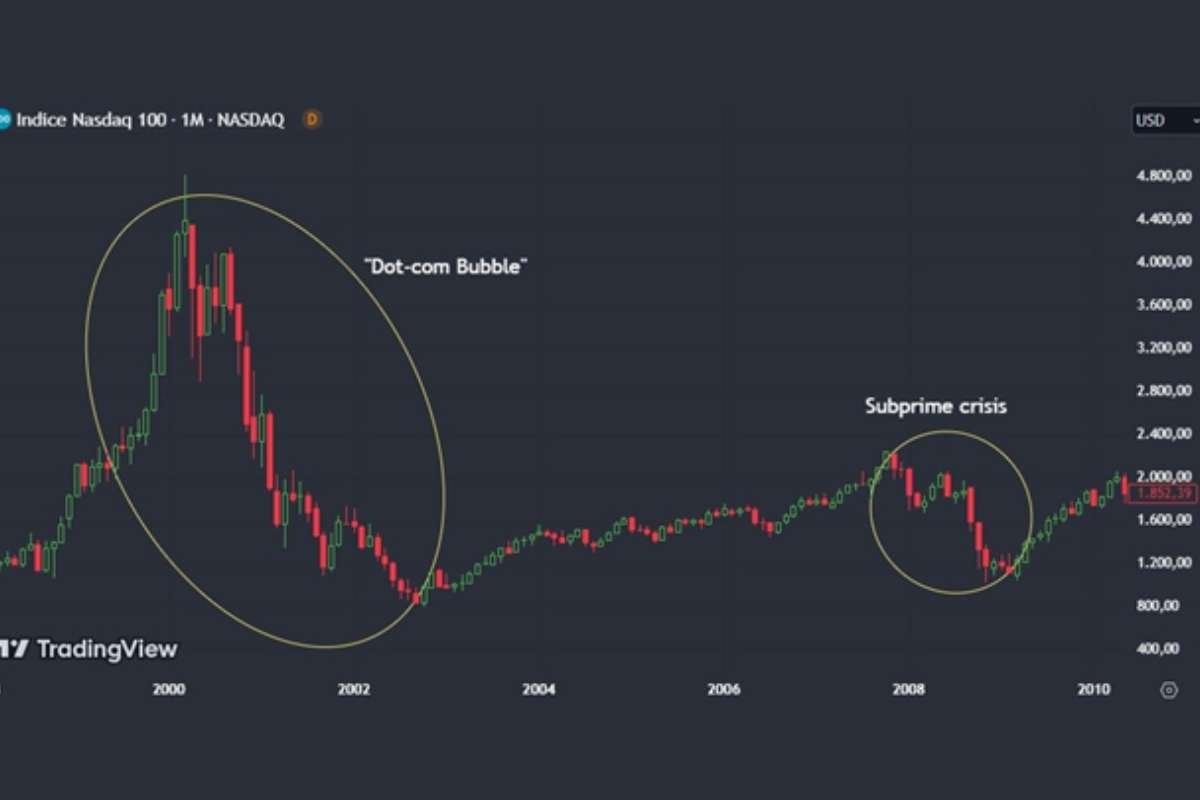Trade options on an exchange
Options are derivative contracts in which two parties agree to exchange an underlying asset or financial instrument at a predetermined price and date. Options contracts are traded on exchanges in the UK and allow investors to speculate on future market movements without taking ownership of the underlying asset. Trading options can be risky, but if done correctly, it can also be profitable.
Benefits to Trade options on an exchange ;

1. Leverage
Trade options on an exchange contracts give investors the potential to generate significant returns from a small initial outlay because options are leveraged instruments, meaning that the buyer has limited exposure.
2. Flexibility
As traders can use options in many different ways, they offer greater flexibility than buying or selling shares outright. Investors can use options to create positions that reflect their outlook on a particular market, such as betting on an upward or downward movement in the price of a stock.
3. Lower Risk
Trade options on an exchange limits the risk of losses as traders have predetermined stops, and limits that protect them from significant losses should make the underlying asset move in an unfavorable direction.
How to trade options on an exchange ?
Trade options on an exchange differs from how you would trade equities and ETFs, as it involves entering into contracts with another investor.
1. Decide your strategy
Before you even think about entering into an options trade, it is vital to have a clear strategy. You should understand what type of risk you’re willing to take and how much capital you’re prepared to commit. Various strategies are available, such as buying a call option, selling a put option and writing covered calls.
2. Research the markets
It’s essential to research the markets before you enter into any options trade. It would be best to consider factors like market sentiment, technical indicators and fundamental analysis to help you understand how the market is moving.
3. Choose an exchange

When trading options in the UK, you must decide which exchange you want. The leading exchanges are ICE Futures Europe (formerly known as LIFFE), London Stock Exchange Derivatives Market (LSEDM) and Nasdaq OMX NLX (NQLX). Each exchange has its advantages and disadvantages, so it’s essential to research them carefully before you make a decision.
4. Choose an option contract
Once you have selected an exchange, the next step is deciding on the type of options contract you want to enter. When selecting your contract, consider factors such as the strike price, expiry date, and underlying asset.
5. Place your order
When ready to place your order, choose a market or limit order depending on your strategy. Your broker will execute market orders immediately at the best available price. In contrast, limit orders allow you to set a specific price that must be met for the trade to be completed.
6. Monitor and adjust positions
It is essential to constantly monitor your positions and adjust them if necessary. It could involve taking profits off the table or moving up or down the option chain, depending on how the markets move.
7.Close positions
When ready to exit a position, you should close it by buying/selling an offsetting contract or exercising/assigning your option. It is important to remember that exiting a position before expiry carries with it potential tax implications, so make sure you understand any applicable regulations.
What are the risks of trading options on an exchange?

1. Volatility
Options are leveraged instruments, meaning they can become highly volatile when the underlying asset moves in an unfavourable direction. It can lead to significant losses if the trader is not careful.
2. Liquidity
To Trade options on an exchange contracts tend to be less liquid than other financial instruments like stocks and ETFs, which means finding a buyer or seller can be challenging when you wish to close out your position.
3. Regulatory Risk
The UK financial regulator (the Financial Conduct Authority) has specific rules and regulations around options trading, so traders need to familiarise themselves with these before entering any options contract.
Click here to start options trading in the UK.





